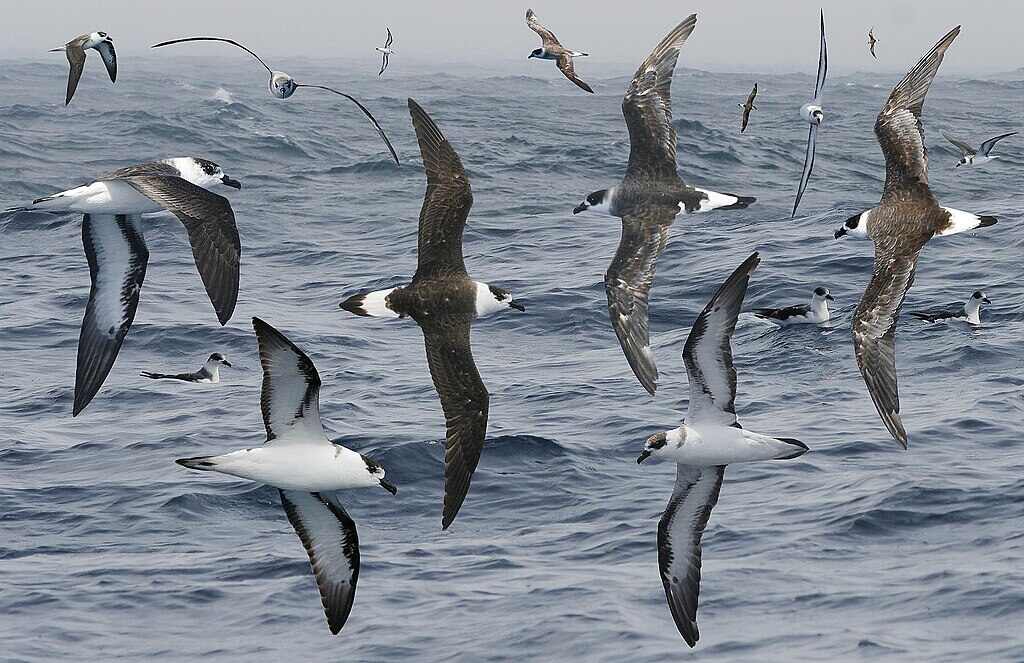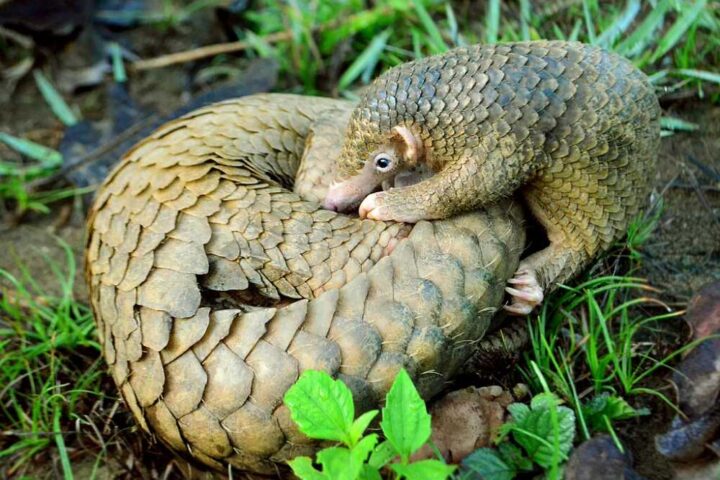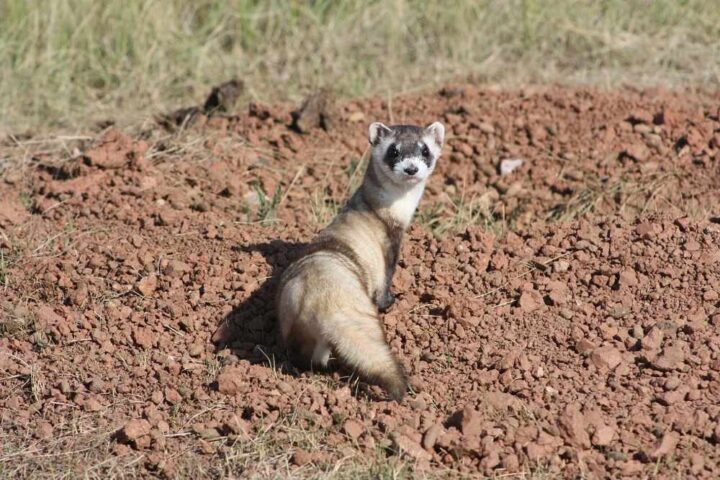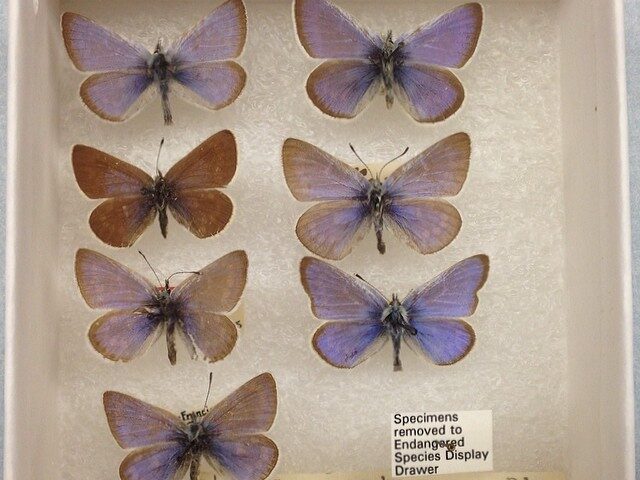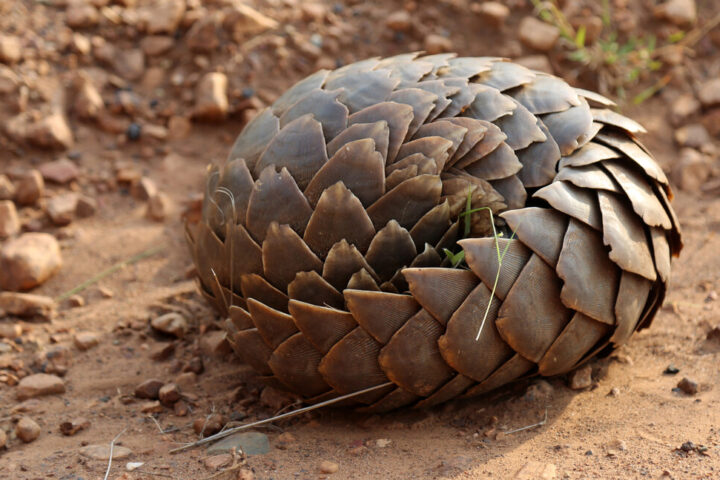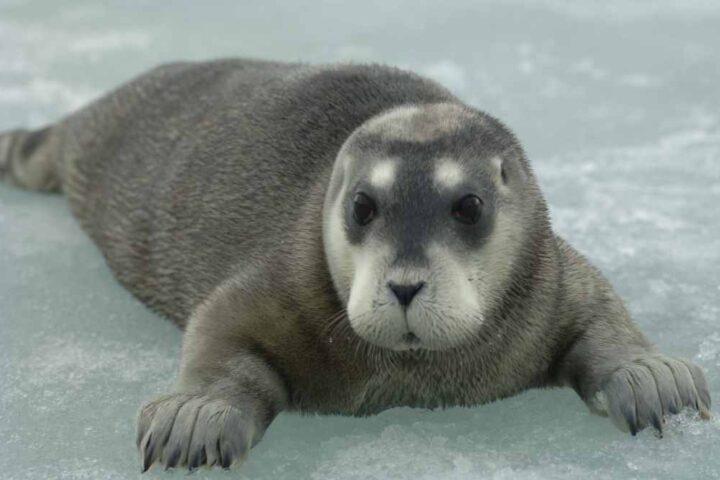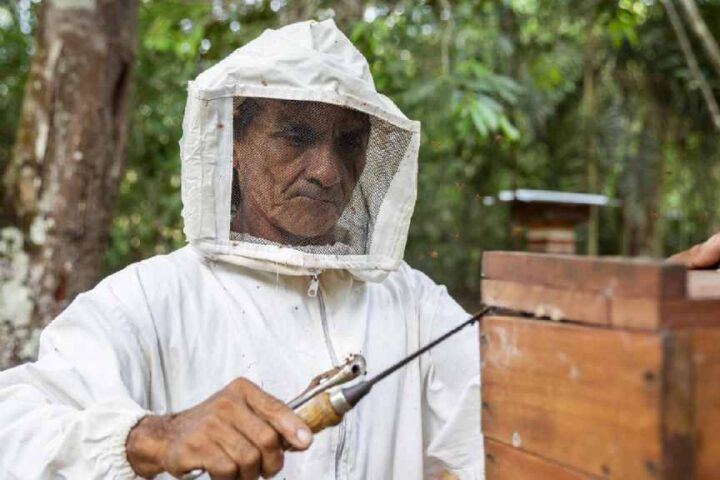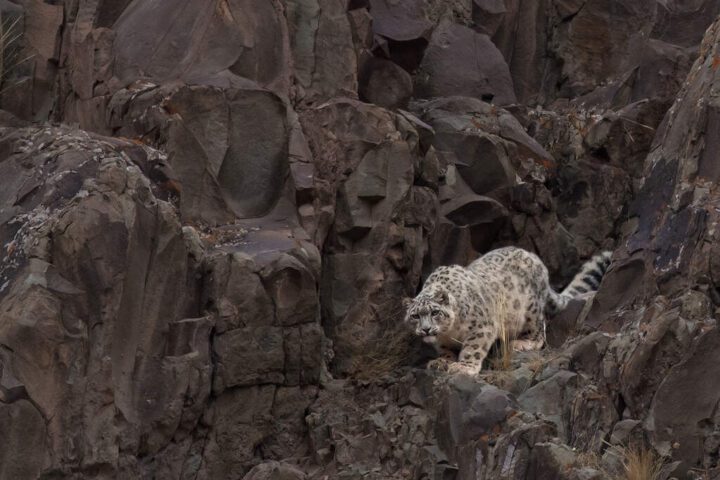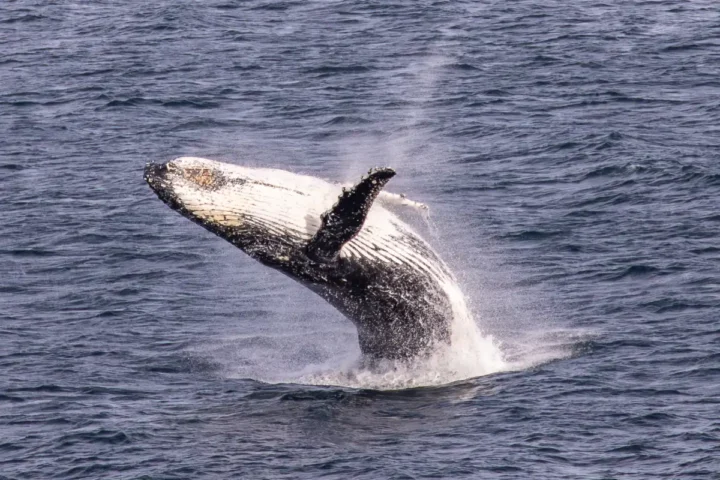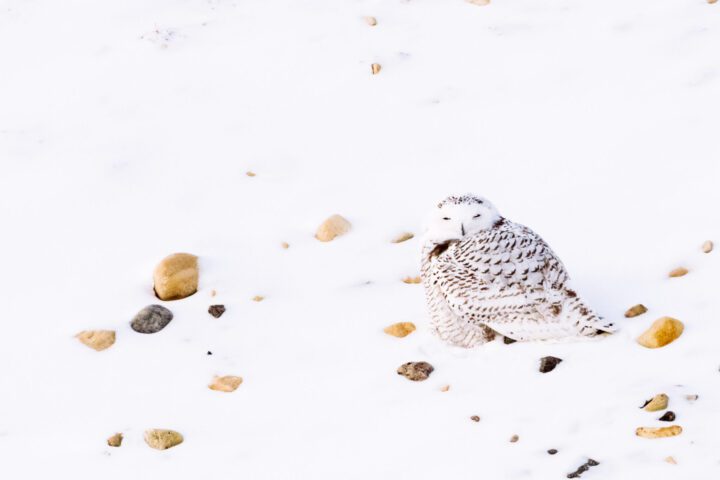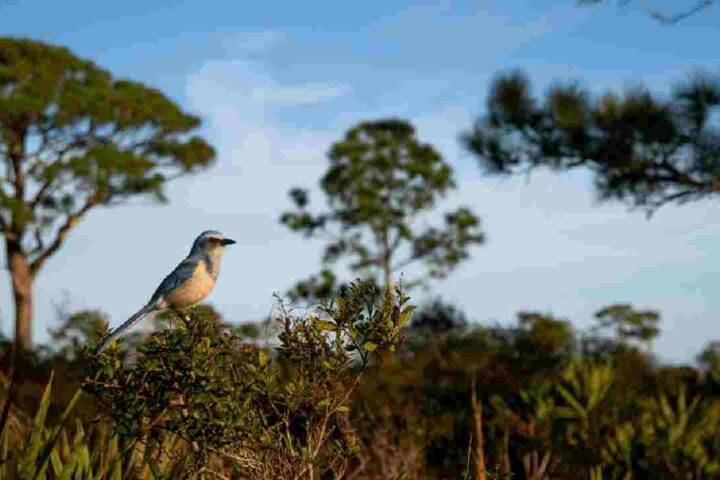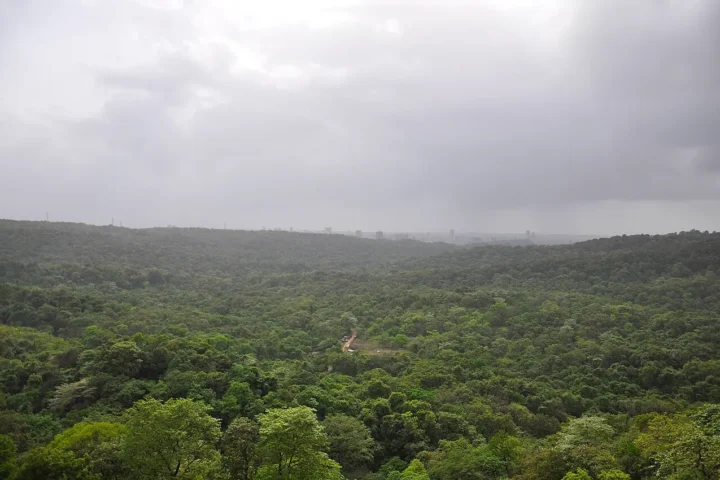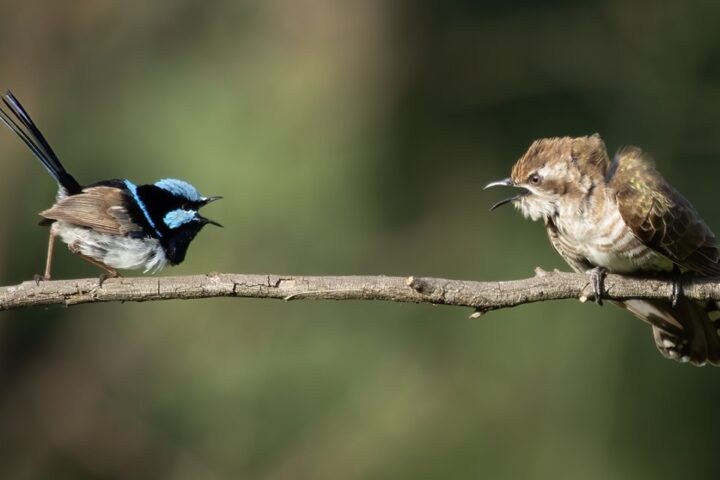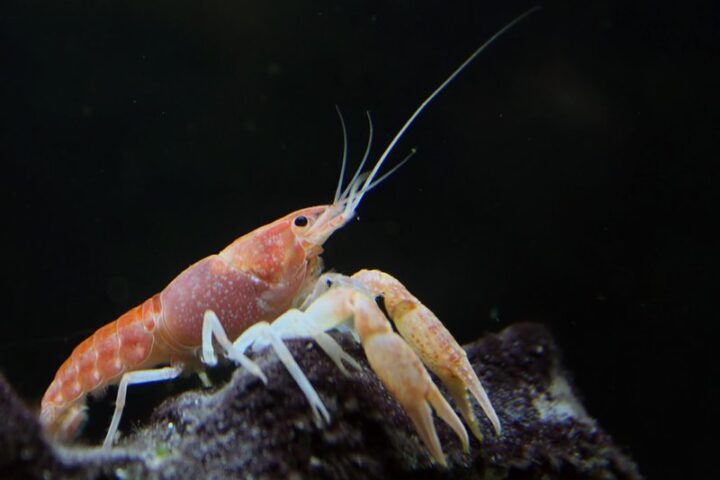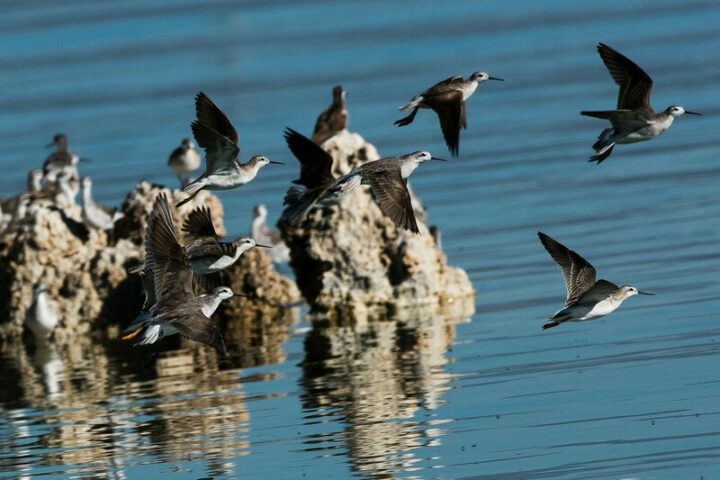The Center for Biological Diversity sued the U.S. Fish and Wildlife Service this week for failing to designate critical habitat for the endangered black-capped petrel, a rare seabird threatened by multiple environmental challenges.
The lawsuit, filed in the U.S. District Court for the District of Columbia, claims federal officials have missed legal deadlines to protect essential habitat for these far-traveling birds. The black-capped petrel was officially listed as endangered in December 2023, with the listing taking effect in January 2024.
“These intrepid sea birds cross oceans to feed, and they’ll only survive if they arrive to a healthy marine environment,” said Mark Patronella, a staff attorney at the Center. “Federal officials recognize that petrels need and deserve protection under the Endangered Species Act, but keep dragging their heels on protecting the places the birds need to survive.”
The black-capped petrel, also known as “diablotín” (little devil) for its eerie night calls, has seen its population decline sharply in recent decades. These seabirds nest only on the Caribbean island of Hispaniola, shared by Haiti and the Dominican Republic, but travel hundreds of miles across open oceans to feed. They forage in the Gulf of Mexico and along the Atlantic coast, with notable concentrations off North Carolina.
Similar Posts
According to the Center’s lawsuit, the petrels face multiple threats to survival, including oil spills, commercial fishing, offshore oil and gas extraction, climate change, deforestation around nesting sites, invasive predators, and government inaction. The species has only a few confirmed nesting colonies on Hispaniola.
The legal dispute centers on the Fish and Wildlife Service’s obligation to designate critical habitat after listing a species as endangered. When the agency listed the petrel as endangered in December 2023, it determined that critical habitat designation was “prudent but not determinable,” giving itself an additional year to publish a critical habitat designation. The Center claims this deadline has passed without action.
Critical habitat designation would guide federal agencies to avoid actions that destroy or adversely modify essential marine and nesting habitat.
Studies suggest that species with designated critical habitat have stronger recovery prospects than those without it.
The Valle Nuevo colony in the Dominican Republic represents one of the few remaining nesting sites for these birds. Conservation groups like Birdscaribbean have been working on multiple strategies to protect the species, including nest-site monitoring, predator control, and park oversight efforts.
The petrel’s situation highlights the challenges of protecting migratory species that cross international boundaries, requiring coordinated conservation efforts between countries and across land and marine environments.
